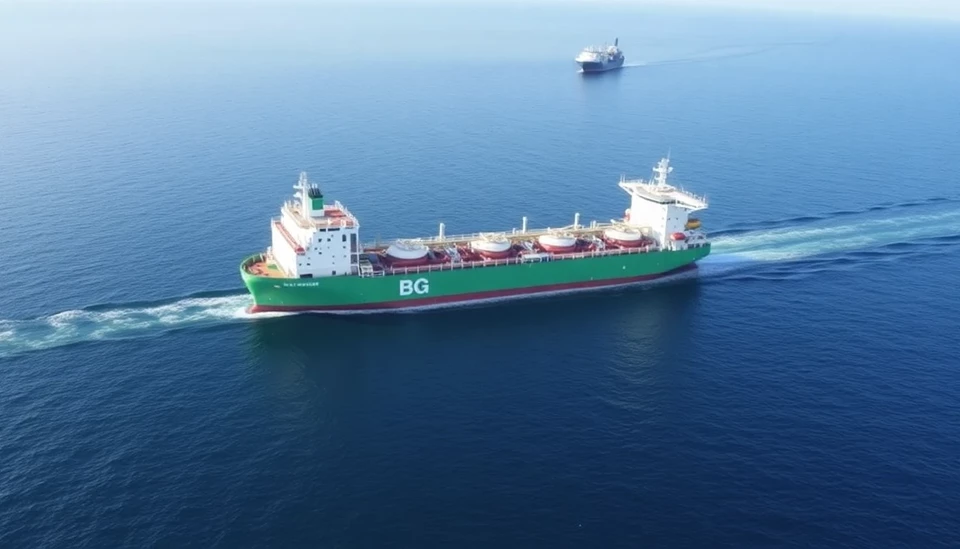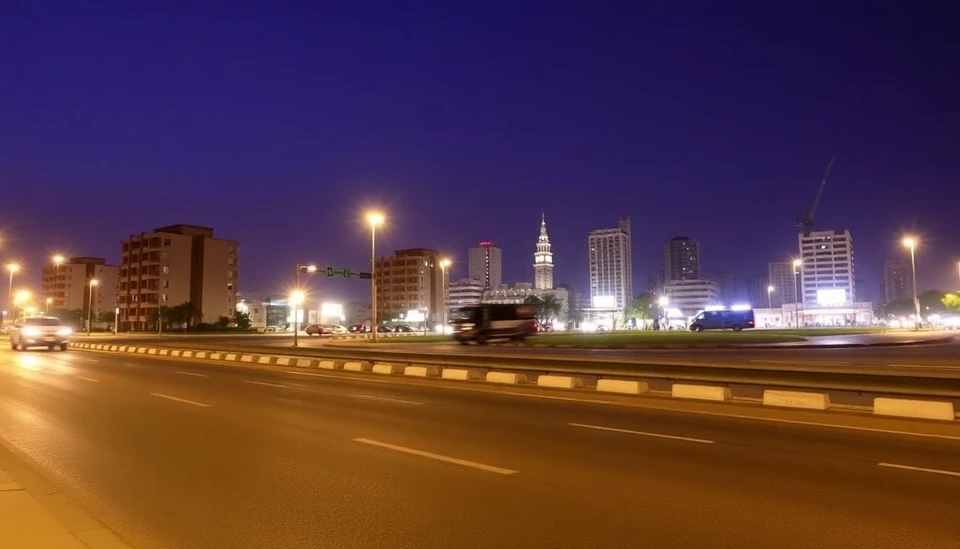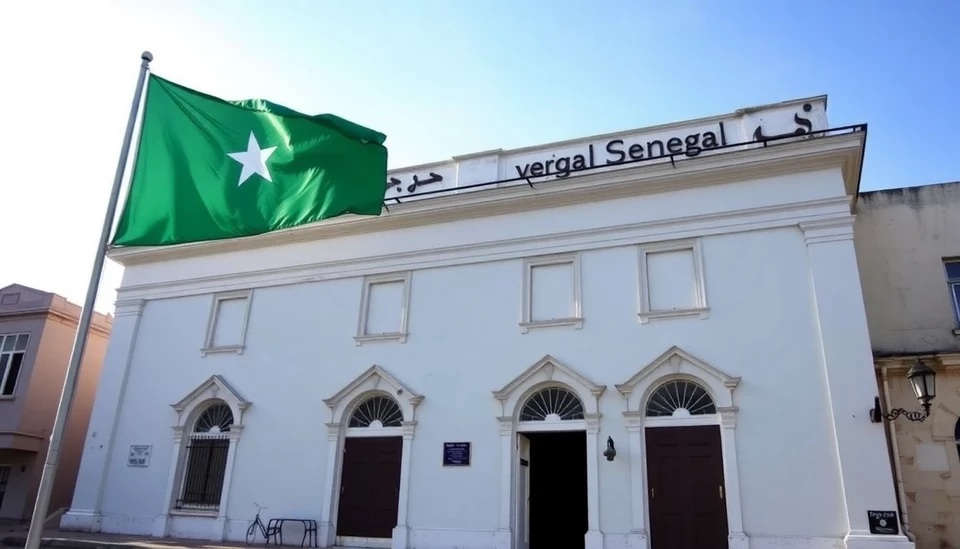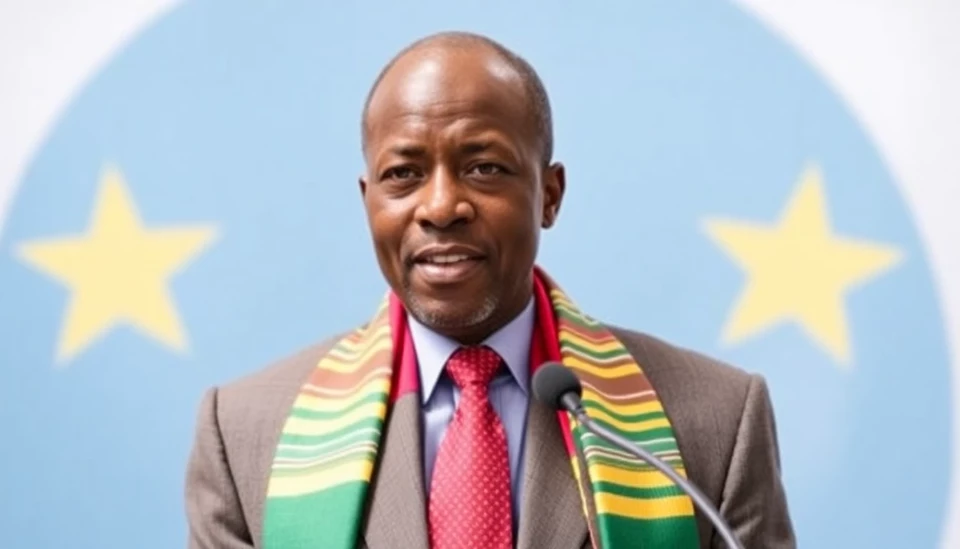
Senegal has recently witnessed an impressive spike in its economic growth, largely attributed to the commencement of production at two major oil fields. The anticipated economic transformation is grounded in the critical role that hydrocarbons are expected to play in shaping the nation’s financial landscape. With new revenue streams from oil, Senegal stands on the brink of a potential economic revolution, promising to elevate its status within the region.
According to the latest reports, the country’s gross domestic product (GDP) is projected to grow by a staggering 11% in 2024, a significant leap relative to previous years. This surge is primarily driven by the start of oil extraction activities at the Greater Tortue Ahmeyim and Sangomar oil fields, which have been under development for several years. Both projects not only earmark Senegal's entry into the oil production arena but also highlight the resource-rich landscape of the country.
The Greater Tortue Ahmeyim project, which straddles the maritime border between Senegal and Mauritania, aims to produce liquefied natural gas in addition to crude oil. The exploitation of these resources comes at a crucial time when global energy demands are fluctuating, positioning Senegal to capitalize on high market prices. Experts predict that the government could secure billions of dollars in revenue, transforming how the nation manages its economy moving forward.
In conjunction with oil production, infrastructural enhancements are anticipated to bolster the economy even further. Investment in transportation and logistics networks are necessary to facilitate the smooth operation of extracting and distributing these natural resources. The Senegalese government is actively seeking to improve its road networks and port facilities to accommodate the needs of the burgeoning oil sector.
Furthermore, this newfound wealth is expected to have far-reaching implications on employment levels and poverty reduction initiatives throughout the country. By channeling oil revenues into public sectors, there is a clear strategy to improve education, healthcare, and infrastructure, which have historically suffered from underinvestment.
The optimism surrounding Senegal’s economic future is palpable, but analysts also caution that over-reliance on oil could pose risks if not managed prudently. Economic diversification remains a critical aspect of sustainable growth, and the government is urged to fortify other sectors such as agriculture, tourism, and mining to balance the economy against potential volatility in the oil market.
As Senegal embarks on this transformative journey, it will undoubtedly attract international attention and investment, putting the country in a prominent position in the West African geopolitical landscape. The next few years will be pivotal in determining whether Senegal's oil boom will translate into long-term gains or serve merely as a short-lived economic upswing.
As the nation looks to harness its petroleum resources, the world will keep a close eye on Senegal's developments, eager to see how this new era of oil production shapes the country’s future. With strategic planning and investment, Senegal may very well establish itself as a leading player in the global energy market, providing a blueprint for resource management in developing nations.
#Senegal #OilProduction #EconomicGrowth #EnergySector #WestAfrica #SustainableDevelopment #InfrastructureInvestment #LiquefiedNaturalGas
Author: Rachel Greene




